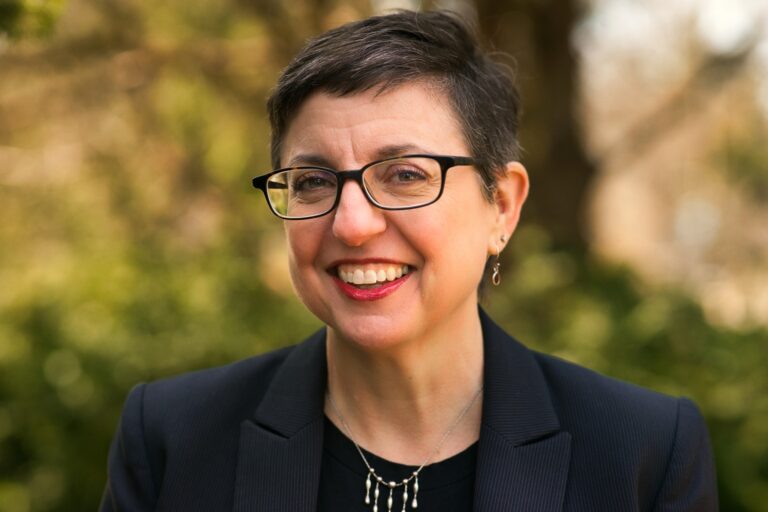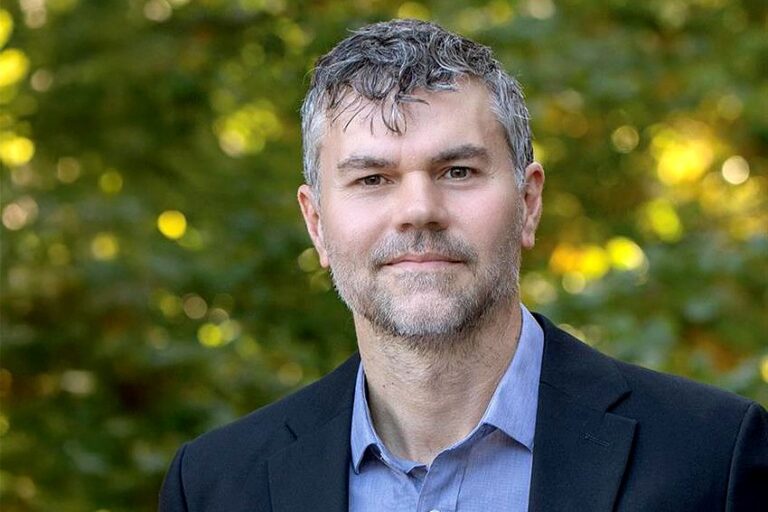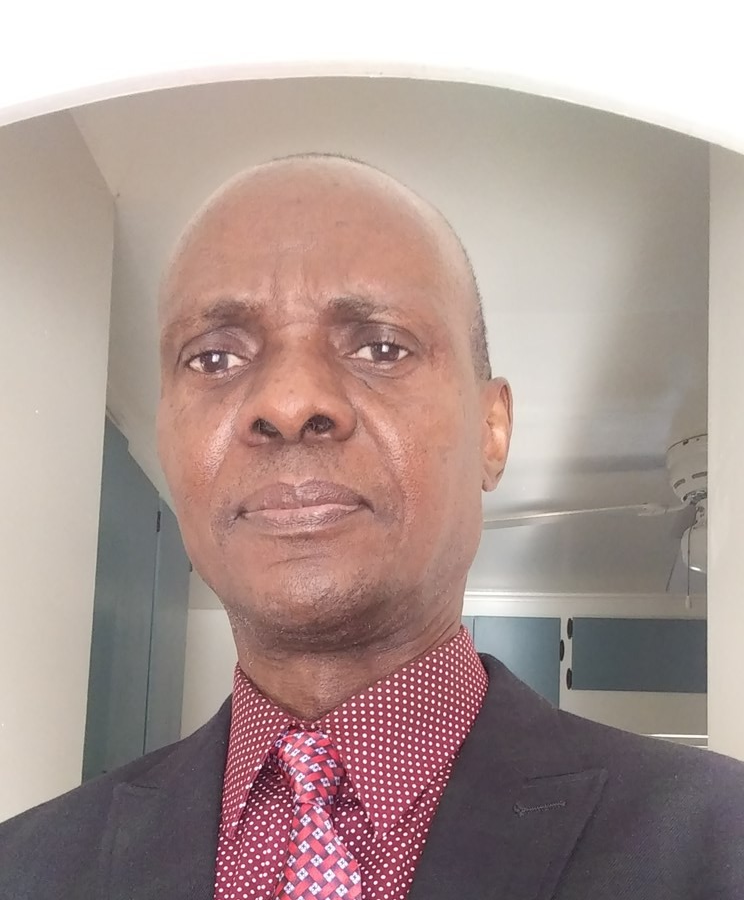The Toolbox Dialogue Initiative (TDI) Center, a research and outreach program based within the Department of Philosophy in Michigan State University’s College of Arts & Letters, received a $750,000 contract from the National Science Foundation (NSF) to develop a repeatable and scalable team science curriculum for NSF’s Convergence Accelerator Program.
The Convergence Accelerator Program funds multidisciplinary teams to solve national-scale societal challenges through convergence research and innovation. The program aligns phase 1 teams together in convergence research topics and cohorts, synergizing their work through a facilitated Innovation Curriculum, designed to accelerate an idea into a proof-of-concept and eventually a sustainable solution. The Innovation Curriculum includes team science, human-centered design, customer discovery, and communications, storytelling, and pitching.

The NSF Convergence Accelerator Program began collaborating with TDI Center in 2019 to create team science curricula for their awardees. This recent contract will enable TDI Center to establish a team science curriculum for future cohorts and NSF-funded researchers with the goal of increasing the collaborative capacity of multidisciplinary teams by providing them with the knowledge and skills to enhance team effectiveness, improve communication, increase mutual understanding, and collaborate better in a positive and supportive environment.
“A key pillar of the Convergence Accelerator is to ensure our NSF-funded teams are working at the highest level of convergence,” said Ibrahim Mohedas, Curriculum Lead for the NSF Convergence Accelerator Program. “Many of our teams have a wide range of expertise and disciplines from academia, nonprofit, industry, government, and other communities of practice. The team science curriculum is designed to enhance team effectiveness, improve communications, and increase collaboration because if these are not done well it could derail the development of the team’s ideas into a prototype and eventually a viable solution.”
“The team science curriculum is designed to enhance team effectiveness, improve communications, and increase collaboration because if these are not done well it could derail the development of the team’s ideas into a prototype and eventually a viable solution.”
Ibrahim Mohedas, Curriculum Lead for NSF Convergence Accelerator Program
Led by Executive Director Michael O’Rourke and Associate Directors Edgar Cardenas, Chet McLeskey, and Marisa A. Rinkus, TDI Center uses dialogue-based workshops to help members of teams, larger organizations, and communities communicate more effectively with one another and improve their ability to collaborate. The center also investigates collaborative research, including team science, with an emphasis on understanding cross-disciplinarity and knowledge production.
The curriculum developed by TDI Center emphasizes structuring dialogue among collaborators that focuses on real-world challenges and positive outcomes. In that dialogue, collaborators are provided an opportunity to share their perspectives and to learn from each other in a way that enables them to appreciate the research landscape and the identified challenge problem from each other’s viewpoint.

The TDI Center approach is a methodology, grounded in many years of interdisciplinary and transdisciplinary research that supports reflexivity and perspective-taking. It enables transparency within teams and contributes to a better working environment, particularly in the context of convergence research.
Focusing on understanding and facilitating communication and collaboration in interdisciplinary research, TDI Center workshops employ an evidence-informed facilitation approach that surfaces implicit assumptions and diverse perspectives in complex, cross-disciplinary research projects for joint consideration and coordination.
Since moving its home office to Michigan State University in 2012, the Toolbox Dialogue Initiative has increased its profile and influence, conducting more than 450 workshops around the world with more than 4,500 participants and publishing more than 40 peer-reviewed articles.
Over the past five years, TDI Center has received $3.6 million in grants primarily from the NSF and the National Aeronautical and Space Administration (NASA) to support its facilitation and research activities.


